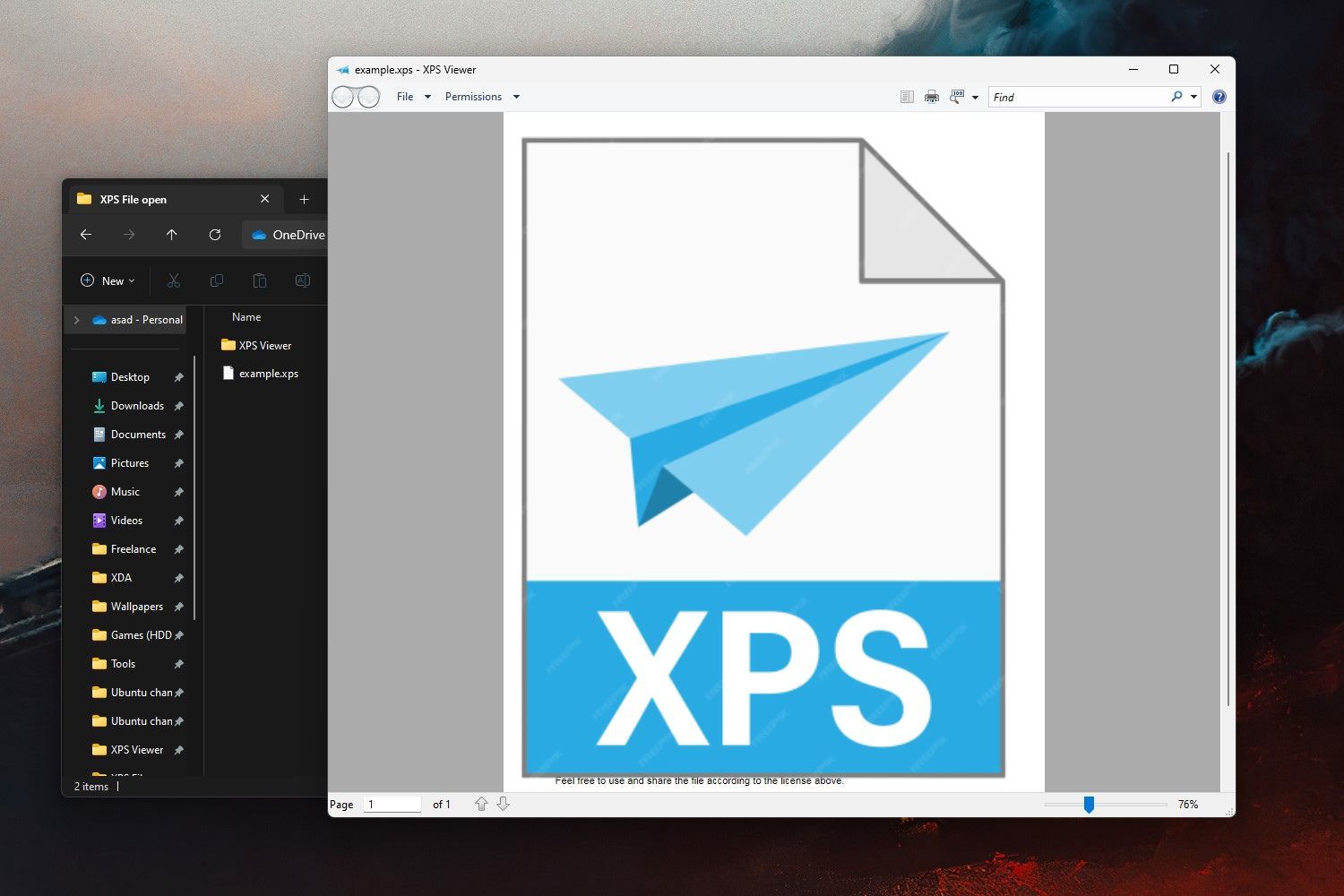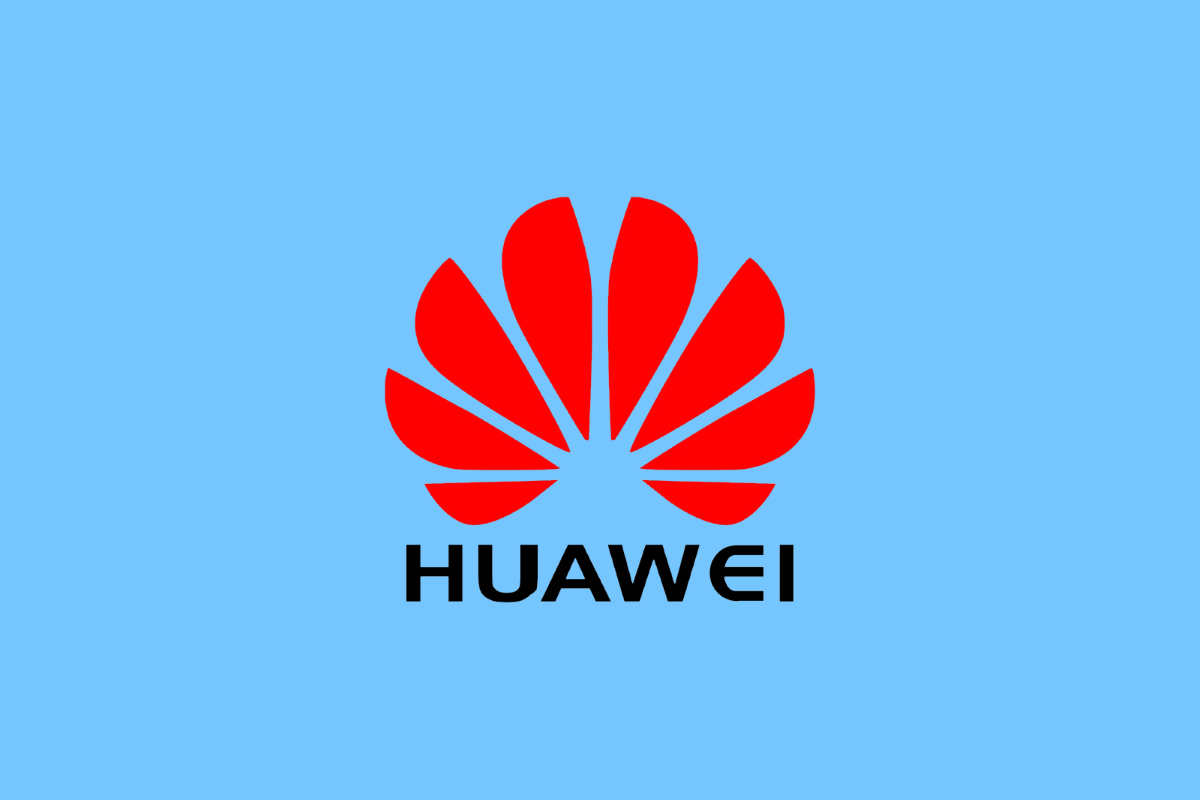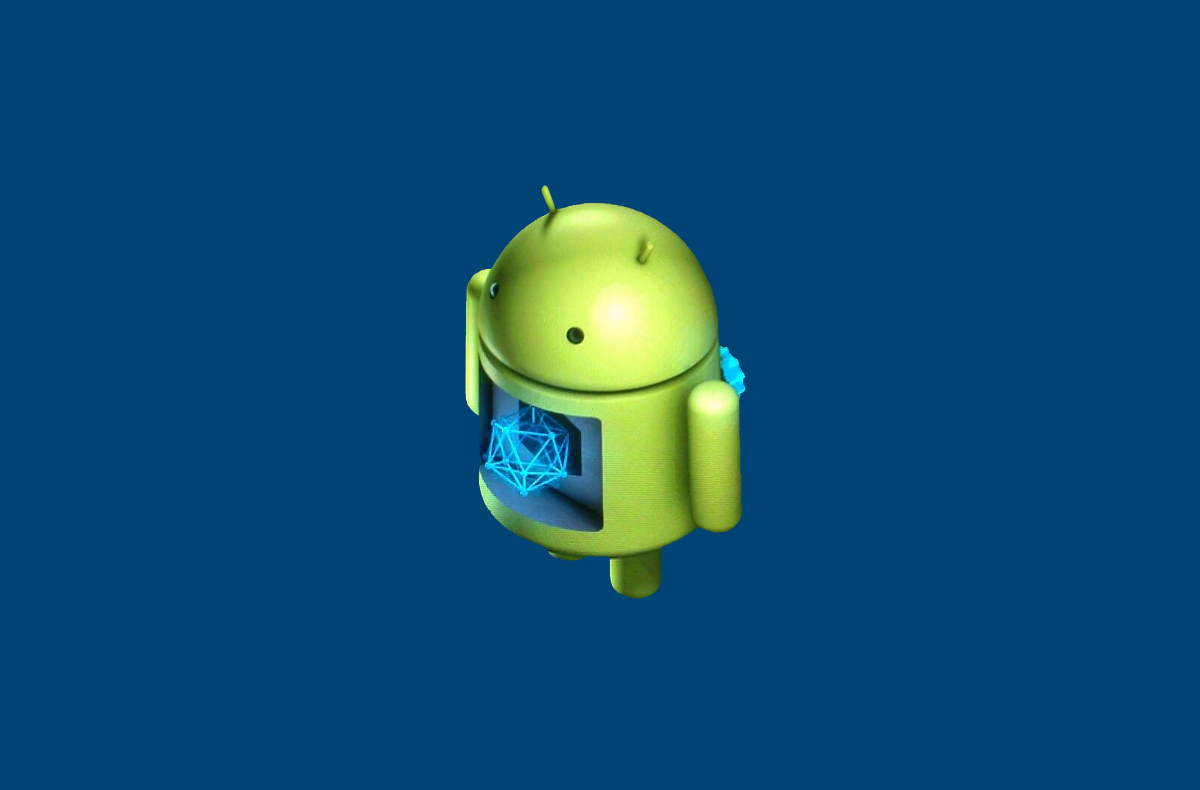latest

How to open XPS files in Windows 11
Don't know how to deal with those annoying XPS files? Here are a few quick fixes
If you've been using Windows for a while, you're likely familiar with how to create, edit, and share PDFs. The PDF file format is highly convenient as it is supported across multiple platforms and is easy to work with. Unfortunately, you can't say the same for other file formats like XPS. Like PDFs, the XPS file format offers a fixed-document structure with a consistent layout similar to PDFs.

[Update: Rolling out for Huawei Y9 Prime] Honor and Huawei announce global rollout of Magic UI 2.1/EMUI 9.1 with GPU Turbo 3.0
The latest major update to Honor/Huawei devices comes in the form of Magic UI 2.1/EMUI 9.1 which brings features such as GPU Turbo 3.0, EROFS and more!
Magic UI 2.1 is the next major update to Honor's UX, which in turn builds upon the changes and improvements that Huawei undertakes for EMUI 9.1. The Magic UI 2.1 update was set to arrive on the Chinese variants of Honor View20 and Honor Magic 2 in May, while global variants received the update in June. Meanwhile, EMUI 9.1 is rolling out to devices over the next few months as well. Now, Honor and Huawei have announced that several of its previous devices, including the Honor 8X, Honor 10, Honor View10, Huawei P30 Lite, and Huawei P20 Lite will receive GPU Turbo 3.0 with this update.

Huawei announces the EROFS Linux file system intended for Android devices
A Huawei engineer has announced that the company is developing a read-only file system alternative called EROFS, which promises improved performance without compression sacrifices.
A file system is a technology that outlines how data is stored and retrieved. There are many different kinds of file systems, each with their own benefits, to pick from. You've probably heard of file systems like exFAT, F2FS, ext4. Choosing one file system over another can have profound impacts on storage performance and stability, so the decision isn't taken lightly by device makers. Most device makers settle with the popular, well-tested file systems like ext4, but that doesn't mean companies aren't willing to experiment with alternatives. That's exactly what Huawei is doing with an open-source Linux file-system called EROFS, which is intended to be used on Android devices at some point.

The Journey of F2FS and why File Systems Matter: Interview with Stan Dmitriev from Tuxera
XDA interviews Stan Dmitriev from Tuxera, a Finnish company that specializes in file systems. Stan discusses file systems and the future of F2FS.
File systems aren't discussed on XDA or any other forum all too often. The topic involves a lot of low-level development, so developers prefer to focus on applications, ROMs, or kernels. Nevertheless, the file system is a vital part of every storage. It's the technology that outlines how data in your device's storage is stored and retrieved. There are many different kinds of file systems—each with their own pros and cons—and picking one over another can make a huge difference in stability and performance. So how do OEMs make that choice? I had the pleasure to talk with Stan Dimitriev, the PR & Communications Manager at Tuxera, a Finnish company that provides file system solutions to many big OEMs.

Diving into SDCardFS: How Google's FUSE Replacement Will Reduce I/O Overhead
An in-depth exploration into SDCardFS, Google's replacement for FUSE, and how its implementation will reduce I/O overhead.
Several months ago, Google added something called “SDCardFS” to the official AOSP branches for the Linux kernel. At the time, the move was noticed only by some kernel developers, but otherwise flew under the radar of most users. No surprise there considering the fact that most users, including myself, do not really know what goes on under the hood of the Android OS and its kernel.




